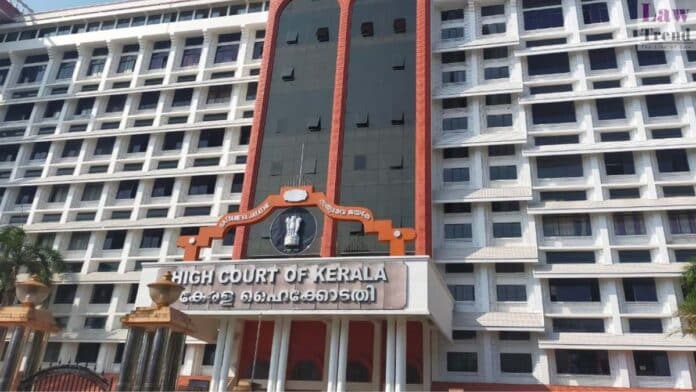The Kerala High Court on Wednesday upheld the validity of the Kerala Clinical Establishments (Registration and Regulation) Act, 2018, and issued an extensive set of guidelines to ensure transparency in hospital operations and stronger protection of patient rights.
A division bench of Justice Sushrut Arvind Dharmadhikari and Justice Syam Kumar V M dismissed appeals filed by the Indian Medical Association (IMA) and the Kerala Private Hospitals Association challenging a single judge’s June 23 order that had refused to strike down several provisions of the Act and its Rules.
The associations had objected to requirements such as furnishing exhaustive details of all employees and publishing the item-wise and package-wise treatment charges. The Court, however, noted that the Act is a welfare legislation and criticised private clinical establishments for failing to implement it even after 7–8 years of its enactment.
The bench observed that non-compliance has deprived citizens of their fundamental rights and the benefits guaranteed under the law.
Key Directives to Hospitals and Clinics
The Court laid down a detailed framework to ensure patient safety, transparency in pricing, and accessible grievance redressal systems across all clinical establishments in the state.
Emergency Care
- Every clinical establishment must screen and stabilise emergency patients to the extent of its capacity.
- Safe transfer to higher centres must be ensured with proper documentation and communication.
- No patient should be denied initial life-saving care due to non-payment of advance or lack of documents.
Mandatory Public Display of Information
Hospitals must prominently display, in Malayalam and English, at reception/admission desks and on their official websites:
- List of services offered
- Baseline and package rates for common procedures
- Key facility information (bed categories, ICU/OT availability, etc.)
- Summary of patient rights, including emergency care and informed consent
- Contact details of the Grievance Officer
- Helpline numbers of the District Registering Authority/DMO and escalation points
Patient Information Brochure
Each hospital must provide brochures or leaflets (Malayalam and English) containing:
- Details of services
- Baseline and package rates with inclusions
- Deposit and refund rules
- Discharge procedures
- Estimate and billing policy
- 24×7 emergency protocol
- Grievance redressal mechanism
Grievance Redressal System
- Every complaint must be registered with a unique reference number.
- Acknowledgment must be issued immediately via SMS, WhatsApp, or physical copy.
- Complaints should ideally be resolved within seven days.
- Unresolved complaints must be escalated to the District Registering Authority or the DMO without delay.
Regulatory Action for Non-Compliance
The Court warned that failure to comply with these guidelines would invite regulatory action under the Act, including:
- Suspension or cancellation of registration
- Penalties
This is in addition to any civil, criminal, or constitutional remedies available to patients.
Directions to Government and Authorities
The Registrar of the High Court has been directed to send the judgment to:
- The Chief Secretary
- The State Police Chief
They have been instructed to issue necessary notifications or orders to ensure strict statewide compliance.
The state government has also been ordered to publicise the key directions and the essence of the judgment for one month in both Malayalam and English.
The bench concluded with a strong affirmation of patient rights, stating:
“Let this judgment serve not merely as a declaration of law but as a reaffirmation of the right to dignified, ethical, and equitable medical care.”




